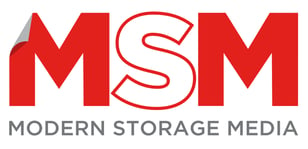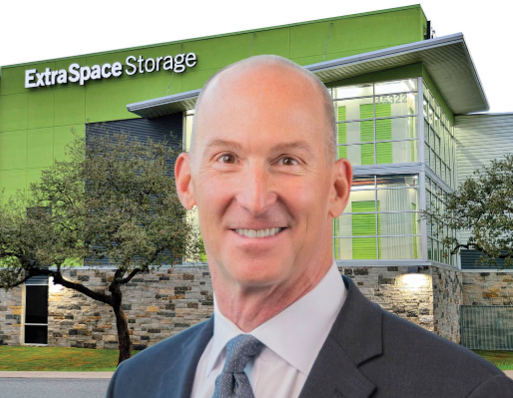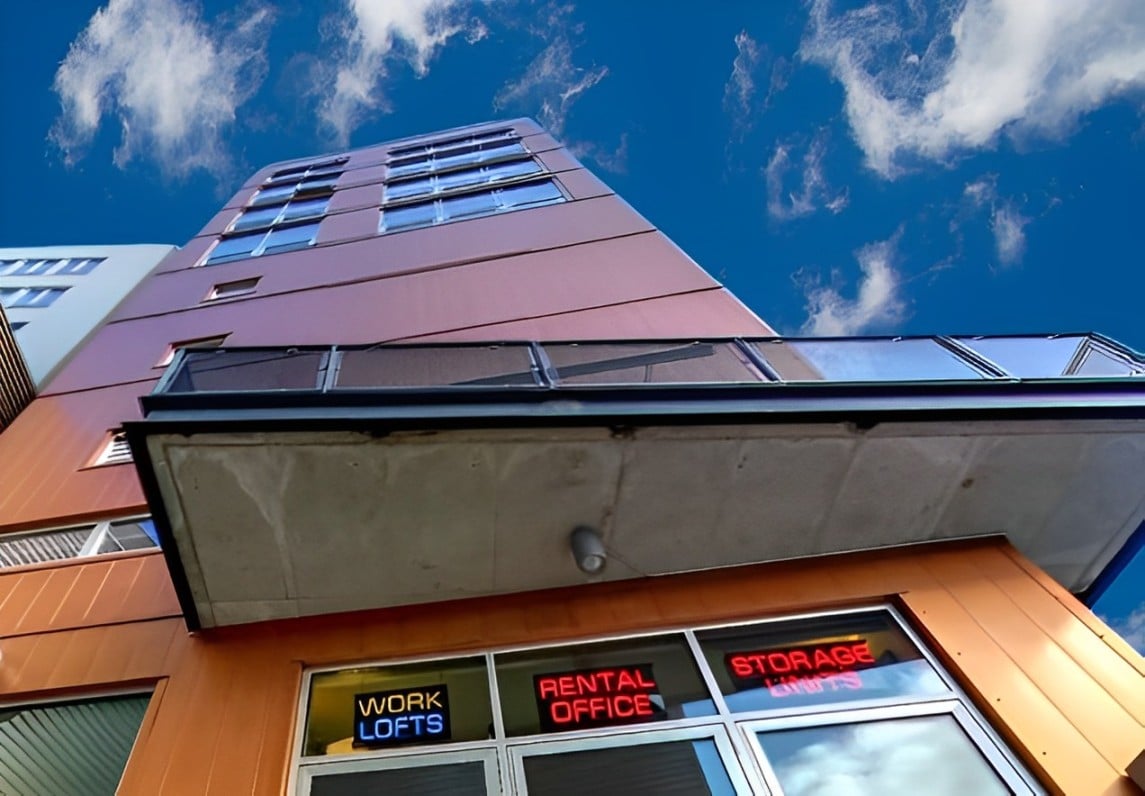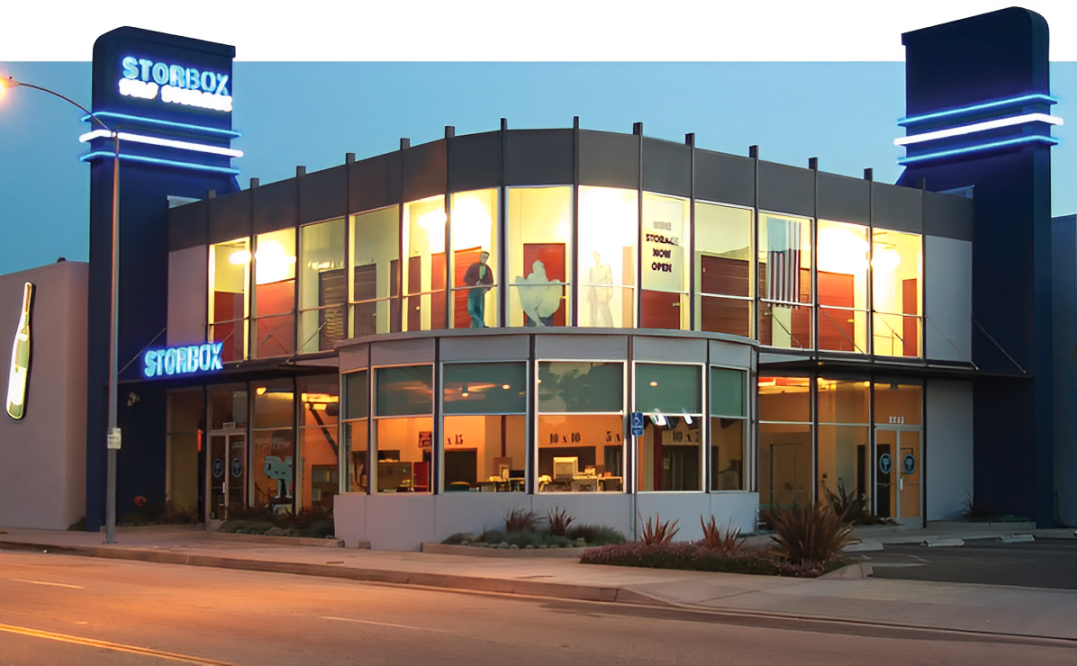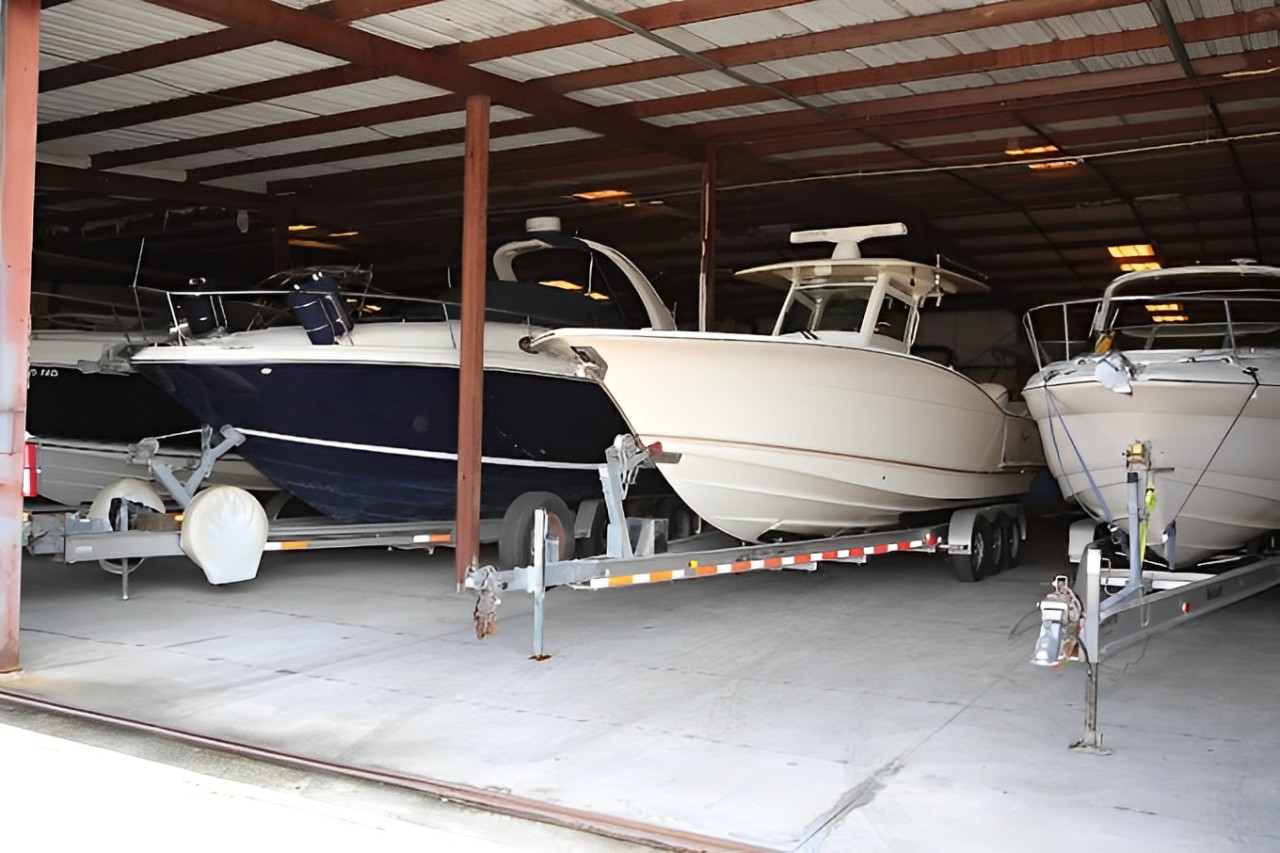No Excuses; No Exceptions!
The Importance Of Revenue Management In A Highly Occupied Environment
For as long as I can remember, self-storage operators have placed a heavy emphasis on growing unit occupancy as a primary revenue driver. This strategy worked well when occupancies were in the high 80s and low 90s. A small bump in occupancy flowed right to the bottom line and everyone was happy that they were growing.
Today, times are different. Self-storage facilities are virtually full in most markets. While there is new supply trickling in, demand continues to be strong and occupancies are likely to remain high for the foreseeable future.
The old, tried-and-true avenues of increasing Net Operating Income (NOI) through occupancy increases and cost cutting (which we’ve all already done) are no longer viable means of growth. Nowadays, growth in NOI requires an approach that many of us have been reluctant to try: revenue management.
You’ve all heard the term “revenue management”, and we know sophisticated operators are successfully using it to move the needle in revenues by healthy amounts. Smart operators are constantly monitoring and adjusting rates, sometimes daily, to optimize potential revenue on every unit.
Independent operators can be just as successful at revenue management as the larger operators. Revenue management does not require costly computer systems, nor does it require a PhD in economics to ensure that every potential dollar of rent is captured. What it does require is discipline, utilization of the tools at your fingertips such as your operating software (many platforms have a revenue management module), and a lack of fear. Fear doesn’t put money in the bank! Disciplined revenue management practices do.
You can develop and implement your own revenue management plan. Take, for example, existing tenant rate increases. Your plan might look like this: Every new tenant gets their first increase six months after they move in and then once per year thereafter. No customer should ever go more than 12 months without an increase. No exceptions! If a customer vacates over an increase, which is doubtful, then you will likely be able to rent that unit to a new tenant at a higher rate.
As for street rates, implement a plan and monitor rates regularly to ensure that you are optimizing revenue potential. For example, if a unit type is 85 percent occupied or more for 30 days, then increase rates by five to seven percent. You can pick the parameters that work best for you, but get a plan in place and follow through with it. You might end up with some unit types that have multiple street rate increases in one year. That is OK! It is important to seize every possible opportunity to grow your revenue.
A solid revenue management program does not have to be too robust or overwhelming. Utilize your operating software, attend seminars and roundtables, network with your peers, and rely on the valuable industry resources that are available to help. Once you get a revenue management program going, you’ll wish you would have started sooner.
More Content
Popular Posts
The self storage industry is in a precarious...
The REITs new pricing strategy – lowering...
With the approval of both companies’...
Recent Posts
Ramey Jackson is the CEO of Janus...
Imagine preparing to move and needing to...
Owning or managing a self-storage facility...
Helen Keller is quoted as saying, “Alone we...
It’s often been said that “opportunity is...
There’s a saying in Florida that there are...
The landscape of the self-storage industry...

